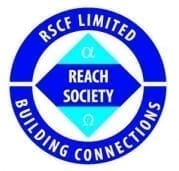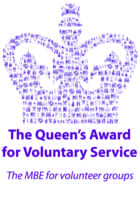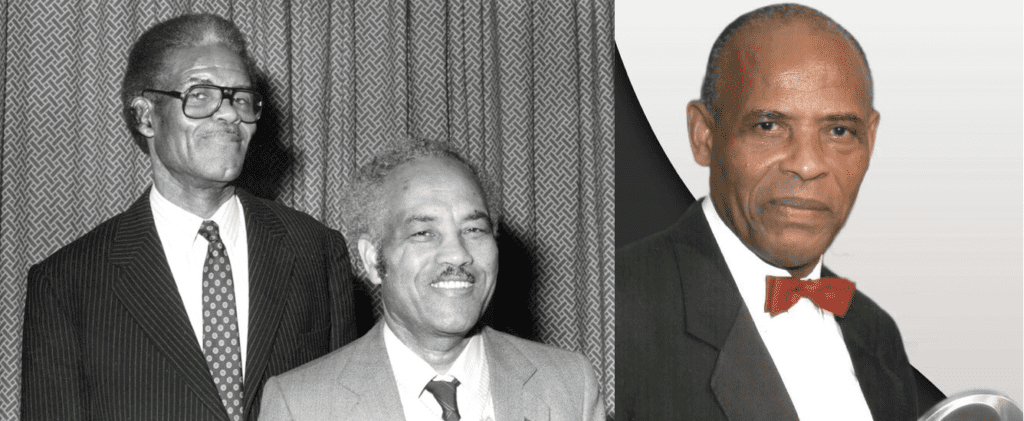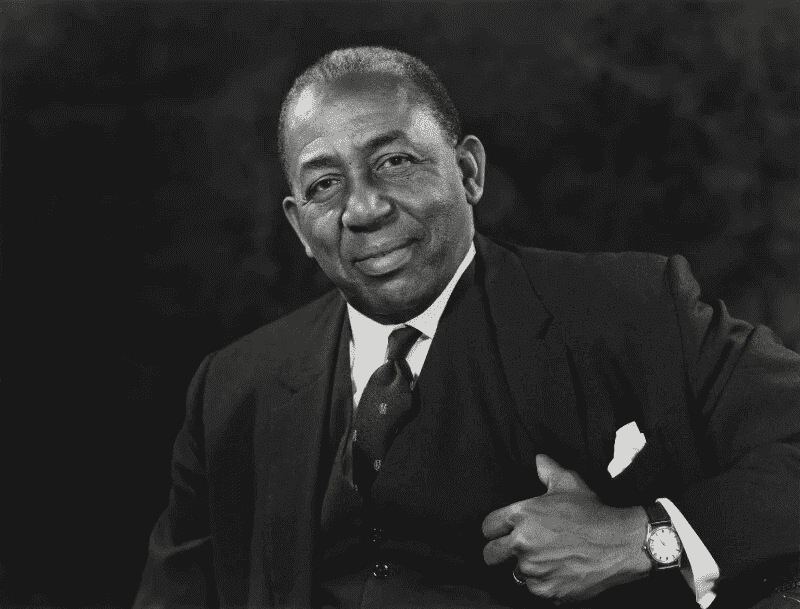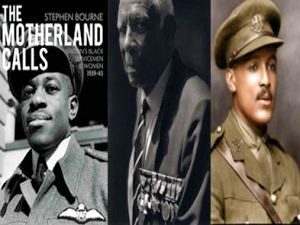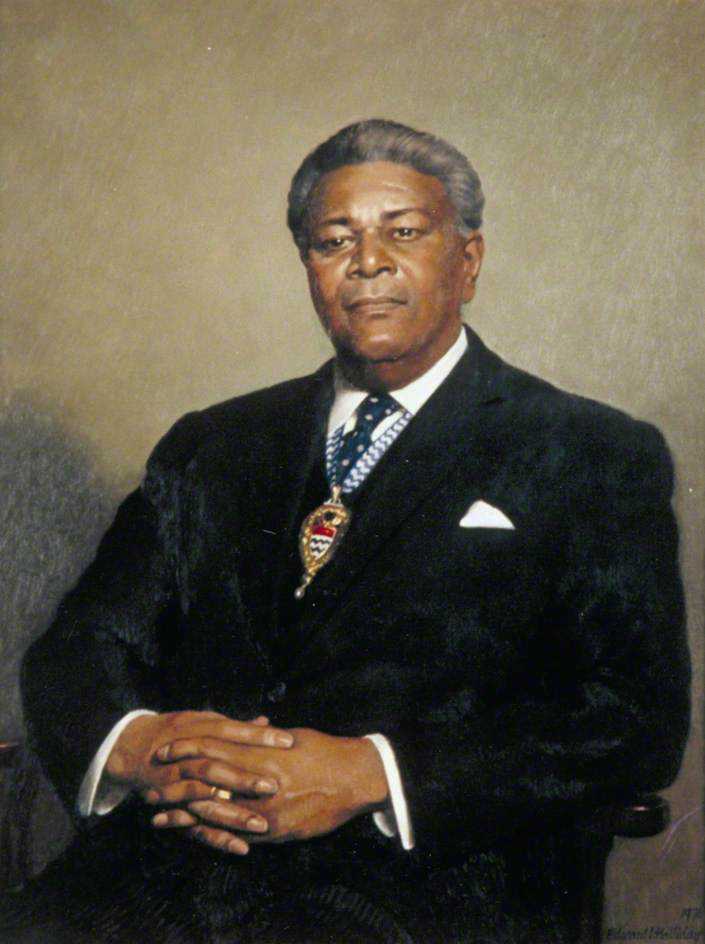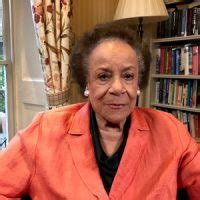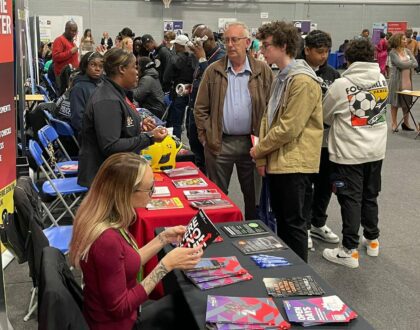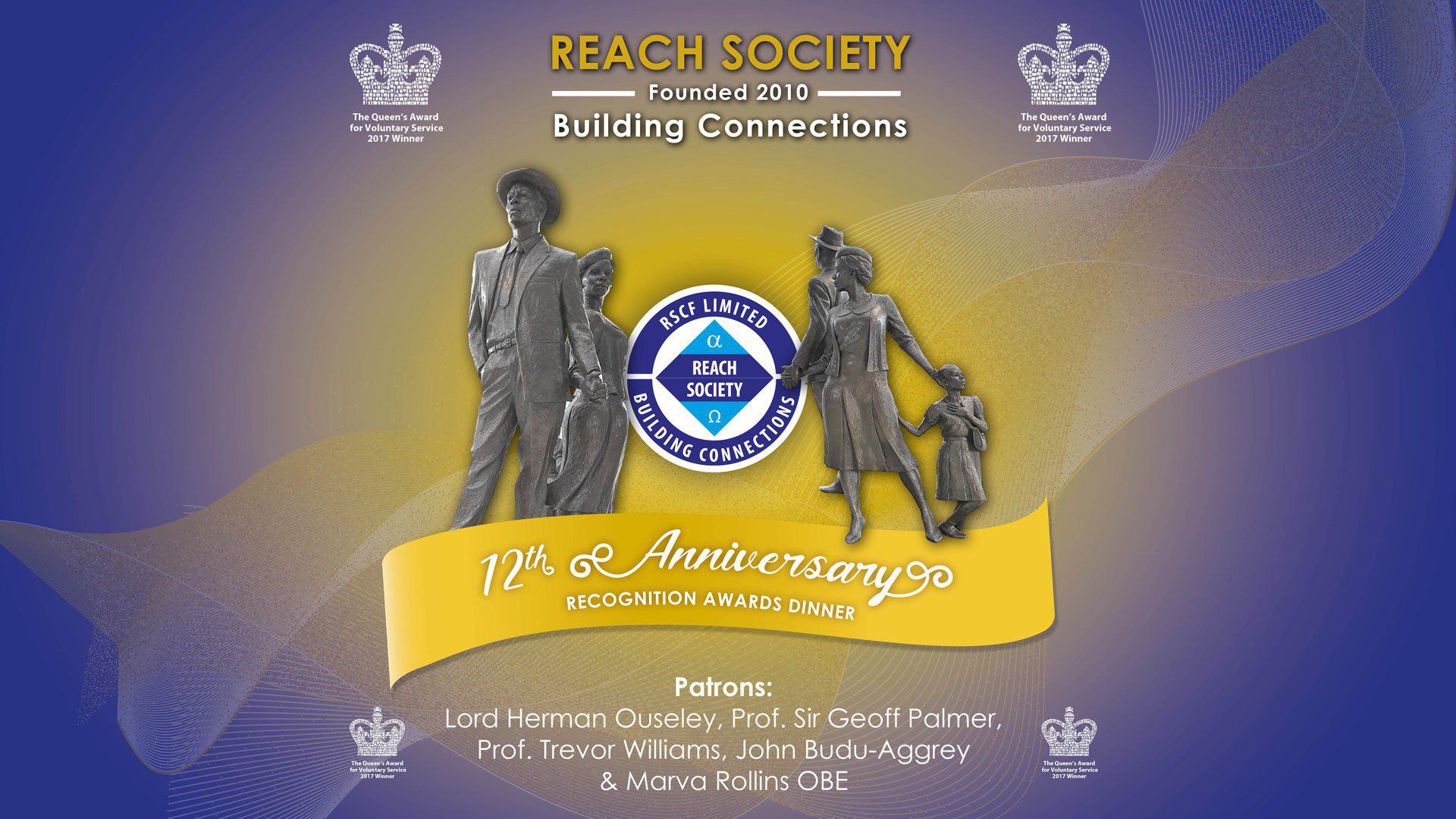

Our Milestones – Part 2
Welcome: Dear friends and supporters, here’s the 2nd excerpt from the Society’s souvenir booklet which was issued to all guests at the recent Recognition Awards event rolled out on Saturday, 29th October 2022.
It is entitled “Our Milestones,” and it is a collation of some milestones for the modern Black community starting from 1948 (when the Windrush Generation began arriving in the UK) and spanning almost eight decades. We hope that this information will stimulate discussions about the arch of progress made since the community began to establish itself in the UK.
Our milestones: On the 22 June this year the national Windrush monument was unveiled by the Duke and Duchess of Cambridge in Waterloo station in the presence of a small group of guests, most of whom were of Caribbean background. The unveiling was a public statement or tribute from the government to the Windrush generation and their descendants for their contributions to the UK since the 2nd World War. Many people across the country witnessed this event via livestreaming.
This moment of history for the Black community inspired the question about other significant moments in the UK’s modern Black community since 1948. Outlined below are a few more of the significant moments, or milestones if you will, from the third and fourth decades of the modern Black community.
Decades Three and Four (1968 to 1987)
1. In 1965 Dyke & Dryden Ltd was founded in North London, and over 30 years, or a generation, it grew to become the UK’s biggest Black led business in the cosmetics and haircare products sector. It also helped to transform many small businesses in this sector by supplying them with a range of new and innovative products. Len Dyke and Dudley Dryden founded the enterprise; and the third director, Tony Wade, became the managing director and prime mover in its growth and development. Dyke and Dryden became the first Black-led enterprise in the UK to make annual profits of more than a million.
2. In 1969 Sir Learie Constantine was made a life peer and entered the House of Lords. He was the first Black person of Caribbean background to become a peer in the House of Lords.
3. In 1972 the West Indian Association of Service Personnel, WASP, was founded by a group of Caribbean ex-servicemen. Its aim was to represent the interests of the British armed forces community who were of Caribbean and African ancestry; while offering them support and comradeship. 2022 is its 50th or golden anniversary.
4. In 1975 Dr David Pitt entered the House of Lords as Baron Pitt of Hampstead; and in so doing he became the second peer of Caribbean background in the House of Lords.
5. In 1981 Dame Jocelyn Barrow became the first Black woman of Caribbean background to serve as a governor of the BBC; and in 1992 she was made a Dame.
The next issue of the newsletter will address some milestones from the 3rd and 4th decades of the modern Black community.
Recommended Posts
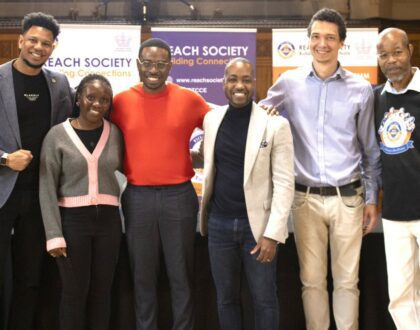

The 2nd Manchester Employability Day 2024
22nd April 2024
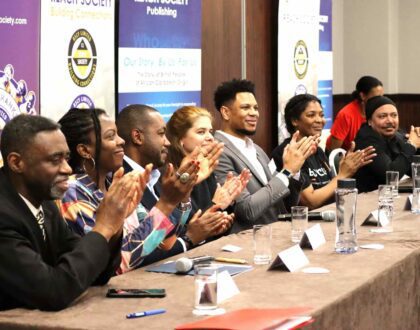

Testimonials: The 12th Careers Conference 2024
17th April 2024
